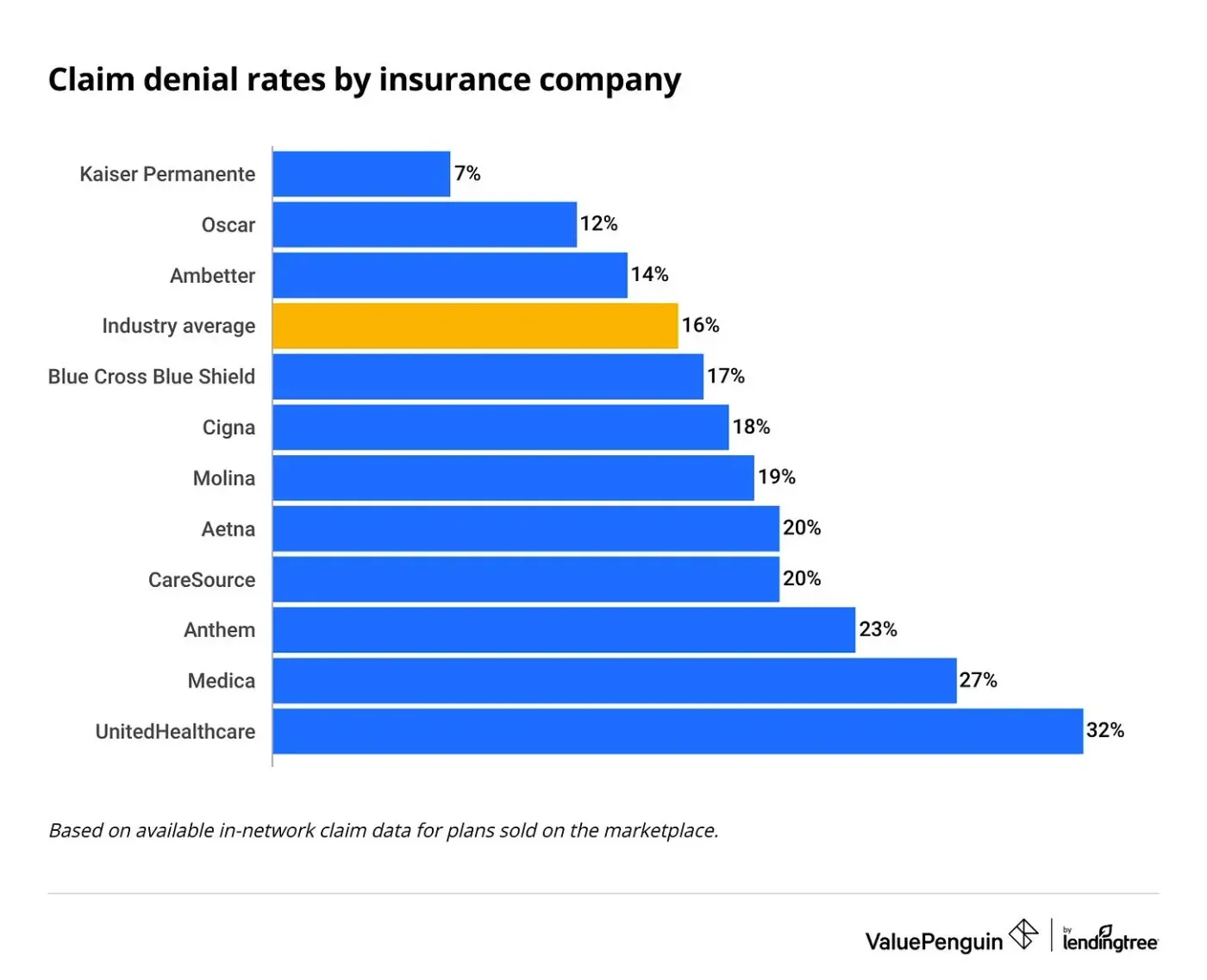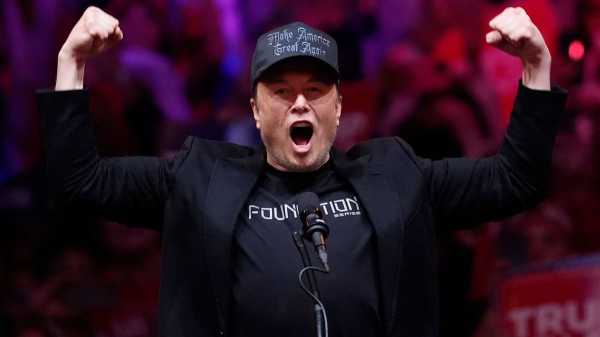Elon Musk backs German far-right party that supports Putin – Reutershttps://www.pravda.com.ua/eng/news/2024/12/20/7490025/EUROPE SAYS (EUROPESAYS.COM)
Biden Cancels Nearly $4.3 Billion in Public Worker Student Debthttps://www.bloomberg.com/news/articles/2024-12-20/student-loan-forgiveness-biden-cancels-about-4-3b-for-public-workersEUROPE SAYS (EUROPESAYS.COM)
Random pint of Stella dumped in the local alley . by death-in-tiptonEUROPE SAYS (EUROPESAYS.COM)
Rance, fin du dix-neuvième siècle :by yoshipowerEUROPE SAYS (EUROPESAYS.COM)
« Ça se finira entre le RN et nous ! » : l’avertissement de Jean-Luc Mélenchonby OrdinaryMidnight5EUROPE SAYS (EUROPESAYS.COM)
Emergency hospital admissions for flu increase by 82% as cases almost doubleby abz_engEUROPE SAYS (EUROPESAYS.COM)

Amnesty just added to Keir to Starmer's increasing isolation over his shameless defence of Israel's war crimes and genocideEd Sykes (The Canary)
Sorry to say that Christmas is cancelled folks. Or at least for the people who get these lettersEUROPE SAYS (EUROPESAYS.COM)

UnitedHealthcare — the health insurance company with, reportedly, the highest rate of claims rejections (and thus dead, wounded, and furious customers and their relations)
Consider health care, which in almost every other developed country in the world is legally part of the commons — the infrastructure of the nation, like our roads, public schools, parks, police, military, libraries, and fire departments — owned by the people collectively and run for the sole purpose of meeting a basic human need.
If UnitedHealthcare’s main goal was to keep people healthy, they wouldn’t be rejecting 32 percent of claims presented to them.
massive profit ($23 billion last year, and nearly every penny arguably came from saying “no” to somebody’s healthcare needs)
It’s why its deeply idiotic to say, as Republicans have been doing since the Reagan Revolution, that “government should be run like a business.” That’s nearly as crackbrained a suggestion as saying that fire departments should make a profit (a doltish notion promoted by some Libertarians). Government should be run like a government, and companies should be run like companies.
Given how obvious this is with even a little bit of thought, where did this imbecilic idea that government should run like a business come from?
Turns out, it’s been driven for most of the past century by morbidly rich businessmen (almost entirely men) who don’t want to pay their taxes.
Rightwing billionaires who don’t want to pay their fair share of the costs of society set up think tanks, policy centers, and built media operations to promote their idea that the commons are really there for them to plunder under the rubric of privatization and efficiency.
In 2022, citizens of the United States spent an estimated $12,742 per person on healthcare, the highest among wealthy nations. This is nearly twice the average of $6,850 per person for other wealthy OECD countries.
Over the next decade, it is estimated that America will spend between $55 and $60 trillion on healthcare if nothing changes and we continue to cut giant corporations in for a large slice of our healthcare money.
On the other hand, Senator Bernie Sanders’ single-payer Medicare For All plan would only cost $32 trillion over the next 10 years. And it would cover everybody in America, every man woman and child, in every medical aspect including vision, dental, psychological, and hearing.
Despite insanely higher spending, the U.S. has a lower life expectancy at birth, higher rates of chronic diseases, higher rates of avoidable or treatable deaths, and higher maternal and infant mortality rates than any of our peer nations.
Essentially, UnitedHealthcare’s CEO Brian Thompson made decisions that killed Americans for a living, in exchange for $10 million a year. He and his peers in the industry are probably paid as much as they are because there is an actual shortage of people with business training who are willing to oversee decisions that cause or allow others to die in exchange for millions in annual compensation.
The recent assassination of the CEO of UnitedHealthcare — the health insurance company with, reportedly, the highest rate of claims rejections (and thus dead, wounded, and furious customers and their relations) — gives us a perfect window to understa…Thom Hartmann, AlterNet (Raw Story - Celebrating 20 Years of Independent Journalism)

Elon Musk unterstützt die AfD im Bundestagswahlkampf mit einer absurden Behauptung. Zeit für eine überfällige Entscheidung.t-online
Australian hot rock geothermal energy is back on the agenda, to the excitement of enthusiasts who led the last wave of companies 15 years ago, and perhaps consternation and regret to those who lost their shirts when these failed.
The reason why the concept is back on the agenda is due to new drilling techniques developed by the shale oil and gas industry, according to Graeme Beardsmore, University of Melbourne fellow and shareholder in one of the revived Australian geothermal companies.
“There are projects underway right now that are adapting shale drilling techniques for geothermal,” he told Renew Economy.
“Back in the last wave of geothermal enthusiasm in Australia, none of this would be possible. [Shale techniques are] game changing potentially for the kinds of projects that were attempted in Australia 15 years ago.”
Today, ASX-listed Earth’s Energy is dusting off the South Australian Paralana hot rocks project, once owned by Petrathem before being shelved in 2014, and the Flinders West project previously owned by GreenRock, and exploration tenements in Queensland stretching from Gold Coast inland to Roma.
Groundbreaking Energy has licences to explore the old Panax Geothermal tenements in the Otway Basin in Victoria, where that company had its Salamander and Penola projects.
And a company calling itself Solutions Energy is claiming the former KUTh Energy tenements in Tasmania, although the official applicants for these licences are entities called Lemont Geo Lithium, Fingal Energy, and Hunter Valley Geothermal Energy for a Hunter Valley exploration area.

The ‘big people’ implicated in this disgraceful run of events need to pay their dues. Britain needs it – and demands it, says Marina HydeMarina Hyde (The Guardian)
Australian battery development company Gelion has been awarded $4.8m in funding from the Australian Renewable Energy Agency to develop a prototyping facility for its sulphur-based chemistries that promise lighter batteries and longer range for EVs.
The funding will contribute to building the $9.6 million Advanced Commercial Prototyping Facility that will produce 2000 battery cells a year to help the company develop advanced chemistries that promise lighter batteries capable of allowing EVs to travel further.
Though not capable of producing at the scale of a Gigafactory, the facility will produce small-batches of cells at the same quality to quickly develop designs and to allow prospective customers to investigate how the batteries could be incorporated into their own manufacturing process.
Gelion CEO John Wood said that before the facility, the company was forced to develop cells to a certain point before sending them to Germany to complete the process, forcing it to wait months.
“Now we can just walk downstairs,” Wood said. “The whole process is much more difficult when you have to send outside to do your fabrication and you can’t iterate as fast.”
“At some stage you have to step up and have capabilities like this.”
The company, a University of Sydney spin off, was founded in 2015 to develop next-generation battery technology from research initially conducted by Professor Thomas Maschmeyer.
Unlike common lithium-ion battery technologies, that currently rely on a process known as “intercalation”, Gelion’s current work has focussed on developing lithium-sulphur and silicon-sulphur batteries.
These rely upon sulfur-conversation cathode technology where the carrier ions move across to the cathode and react with the sulfur in the cathode.
As sulfur is a common material widespread across the globe, these battery chemistries could make manufacturing processes easier and ease geopolitical tensions often associated with scarce critical resources such as cobalt and oil. They also offer higher densities, meaning they store more energy per unit of weight.
“That’s sort of a long way of saying you can make lighter batteries,” Wood said.
Lighter batteries mean electric vehicles could travel further and have less impact on the environment through wear on wheels, but could also make it possible to develop forms of electric aviation.

An Australian start-up promising lighter batteries and longer range from sulphur-based chemistries lands ARENA funding for a new production facility.Royce Kurmelovs (The Driven)

VOA's Yan Boechat reports from Damascus on the first U.S. diplomatic visit to Syria in over a decade. Led by Barbara Leaf, the delegation met with Hyatt Tahr...YouTube
MALCOLM: Be this the whetstone of your sword. Let grief
Convert to anger. Blunt not the heart; enrage it.
The Democratic party is still reeling from the 2024 Presidential election loss. Wisconsin Democratic Chair Ben Wikler joins The Weekend to discuss his bid fo...YouTube

A new spending plan put forth by Donald Trump, and pushed by Elon Musk, was resoundingly rejected by House Democrats and a few dozen Republicans. The debate in the House chamber grew heated as lawmakers blamed each other for the mess.Lisa Mascaro and Kevin Freking (The Christian Science Monitor)
HOW VERY DARE YOU?
[turns phone camera off]
😂😂😂